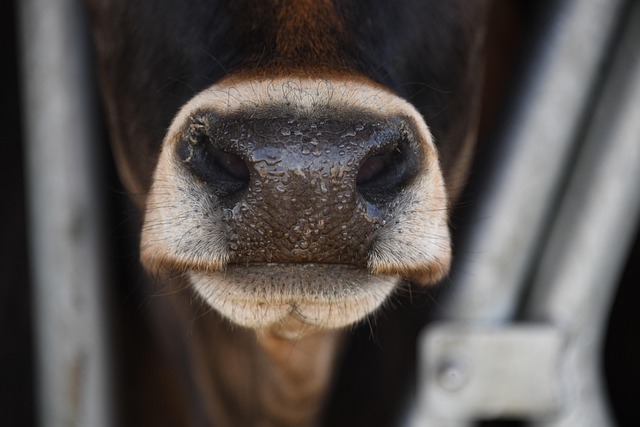The Masters Ranch Abuse scandal reveals a therapeutic community's exploitation of vulnerable residents through physical, emotional, and sexual abuse. Outrage sparked calls for stricter regulations and oversight to protect future victims. Support for survivors involves immediate assistance, long-term advocacy, and resources like counseling, legal aid, and safe housing. Advocacy strategies include awareness raising, policy changes, access to justice, collaboration, public education, and lobbying for legislation addressing systemic failures. Legal and community efforts have achieved milestones in compensation and recognition for victims, with support groups offering safe spaces for healing and sharing stories.
Unveiling the shadows of the Masters Ranch Abuse scandal, this article delves into the complex journey of healing and justice for survivors. The vast landscape of abuse demands a multifaceted approach, exploring strategies to support victims, advocate for their rights, and pursue legal accountability. We navigate the labyrinthine path, highlighting resources, community efforts, and legal initiatives, aiming to foster a symphony of change. By understanding the past, we empower survivors and ensure their voices are heard in the pursuit of justice.
- Understanding the Masters Ranch Abuse Scandal
- Supporting Survivors: Resources and Advocacy Strategies
- Fighting for Justice: Legal and Community Efforts
Understanding the Masters Ranch Abuse Scandal

The Masters Ranch Abuse scandal shines a light on a dark chapter where vulnerable individuals became victims of heinous acts within an institution claiming to provide care and rehabilitation. This controversial facility, operating under the guise of a therapeutic community, allegedly subjected its residents to physical, emotional, and sexual abuse over an extended period. The revelation of such atrocities has sparked widespread outrage and prompted a deeper examination of power dynamics in care settings.
The scandal brought attention to the potential risks when authority figures exploit their power, creating an environment where abuse can thrive unnoticed. It underscored the importance of transparency, accountability, and robust oversight mechanisms within institutions responsible for the well-being of vulnerable populations. As a result, many advocates are now pushing for stricter regulations and better support systems to protect individuals at risk of similar exploitation in the future.
Supporting Survivors: Resources and Advocacy Strategies

Supporting survivors of Masters Ranch abuse is a multifaceted endeavor that requires both immediate assistance and long-term advocacy. Resources such as counseling services, legal aid, and safe housing are crucial for helping individuals heal from their traumatic experiences. These services not only address immediate needs but also empower survivors to regain control of their lives.
Advocacy strategies should focus on raising awareness about the issues faced by Masters Ranch abuse survivors, advocating for policy changes that protect vulnerable populations, and ensuring access to justice. This involves collaborating with local and national organizations, engaging in public education campaigns, and lobbying for legislation that addresses systemic failures. By coordinating these efforts, advocates can create a supportive environment where survivors feel heard, respected, and ultimately, safe.
Fighting for Justice: Legal and Community Efforts

The fight for justice for victims of Masters Ranch abuse has been a long and arduous journey, but it’s one that has seen significant progress through both legal and community-driven efforts. Legal teams have worked tirelessly to bring clarity and accountability to the heinous acts committed within the ranch’s walls, ensuring that survivors receive the compensation and recognition they deserve. These legal actions not only seek to rectify past wrongs but also serve as a powerful deterrent against future abuse.
Community initiatives play an equally vital role in supporting victims and holding the perpetrators accountable. Support groups have formed, offering safe spaces for survivors to share their stories, find solace, and access crucial resources. Through these collective actions, the community has shown its resilience and unity in standing up against the trauma and injustices inflicted by Masters Ranch Abuse, fostering a culture of healing and prevention.
The Masters Ranch Abuse scandal highlights a dark chapter in our history, where vulnerable individuals suffered at the hands of those entrusted with their care. While the journey towards healing is long for survivors, there is hope in the form of robust support systems and advocacy efforts. By leveraging resources, legal actions, and community engagement, we can ensure that no one faces these horrors alone. Together, we must continue to shed light on the Masters Ranch Abuse, demand justice, and foster a culture that protects and respects every individual.
